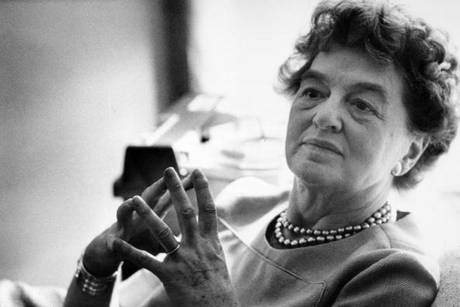Blog Archives
Falling in Love with Your Own Words
As a writer you have to fall in love with your work everyday. The characters you create must have a special place in your heart. Saving Mr. Banks was a great film that expressed a writers (P. L. Travers) bond with her story. She feared putting Mary Poppins on the big screen because someone else would have altered the character, someone else would be in control of who Mary Poppins, Mr. Banks, and other characters were originally on paper. As a writer I agree with Ms. Travers. It is hard to let go of such wonderful people who you have created. Same reason that Silvester Stallone had to play Rocky. He wrote the script himself and took a major pay cut in order to play the star role. When a writer falls in love with their work, they fight to keep it as they initially intended.
Not only is it important to fall in love with your characters but your plot line and underlining message. I am an advocate for coming-to-age films like Juno. I praise Diablo Cody, writer of Juno and Showtime’s United States of Tara because she writes for the story not for the money. Juno had such a strong connection with audiences and a true connection to Cody’s personal high school experience. You can not get bored with your own ideas. As a writer you have to believe in yourself more than anyone else. The writers that write for the sake of telling a story are the writers that impact generations.
As I am currently writing my own coming-to-age film. I fall in love with ever character, plot line twist, and at times high-five myself for my creative efforts. I get excited about my visual ideas, and convicting dialog. My own brain surprises me. I have to revise my script about 100 times before I bring it to the actors. I am excited to be in the stages of development to see how others interpret my story. But with that being said I will also fight for my message. What I put into my stories are characters that do things I could never do, and in situations others experience day-to-day. I love coming-to-age films because the story behind someones personal growth is foundational to shaping who they are. People relate to that. It is like watching an underdog win every time! Something we always want to see.
For me I am a lot like P. L. Travers. Even if Disney offered to make my film, I’d pull a Stallone. My story has an intended message, and my characters are like my children. I am proud of what is to come of my writing. That is why I have always, and will continue to write, direct, and edit my own films. I do not care to be a big time director, I just want to tell other’s stories. Being completely committed to your own creativity only give flair to your film.




